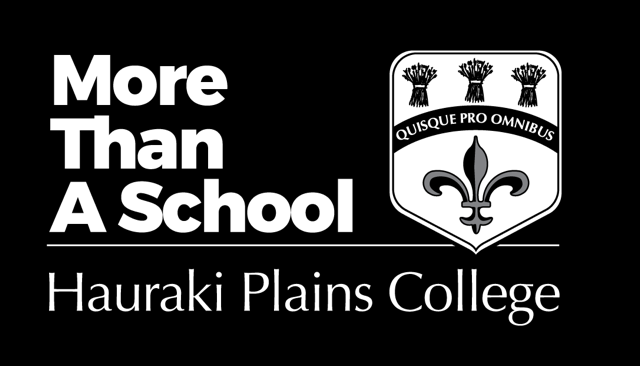Programmes of learning for Years 11, 12 and 13 are based on the National Certificate of Educational Achievement (NCEA) Levels 1, 2 and 3. Courses are structured to encourage students to develop a flexible pathways approach to their learning while keeping their options open for the future. Students can also learn at multiple levels of NCEA.
To help parents and employers better understand NCEA, an app is available for mobile devices – phones and tablets. Called the ‘NCEA Guide’, the app provides quick and easy access to key information about NCEA.
Full details of the subjects and the prerequisites are outlined in the Senior Subject Information Guides (listed below) which are also given to all students to help with subject selection. The Careers Advisor can provide advice and guidance in subject selection at each year level. Parents are encouraged to be part of this process.
Subjects Offered Include:
Courses may change due to staffing or demand
- Accounting
- Agriculture
- Art
- Automotive Engineering
- Biology
- Building & Construction
- Business Studies
- Calculus
- Chemistry
- Classical Studies
- Design & Visual Communication
- Digital Technologies
- Drama
- Dance
- Engineering
- English
- Furniture
- Geography
- Health Studies
- History
- Horticulture
- Hospitality
- Legal Studies
- Māori Cultural Studies
- Materials & Processing Technology
- Mathematics
- Media Studies
- Music
- Outdoor Education
- Photography
- Physical Education
- Physics
- Primary Industries
- Science
- Sociology
- Statistics
- Technology Food
- Technology Metal
- Technology Wood
- Te Reo Māori
- Tourism
- Trades Academy
Vocational Pathway Awards
Students are able to work towards Vocational Pathway Awards relevant to a number of career directions including Primary Industries, Building and Construction, Manufacturing and Technology, Services (e.g. Hospitality), Creative Industries and Social and Community Services.
Gateway
The purpose of Gateway is to enable schools to give senior students the opportunity to access structured workplace learning. This learning is integrated with their school-based subject learning. Students have the opportunity to achieve credits based on their workplace experience and this experience may align to one or more Vocational Pathways. The Gateway programme provides broader educational options. It also strengthens pathways for secondary school learners to further education and training or employment.
